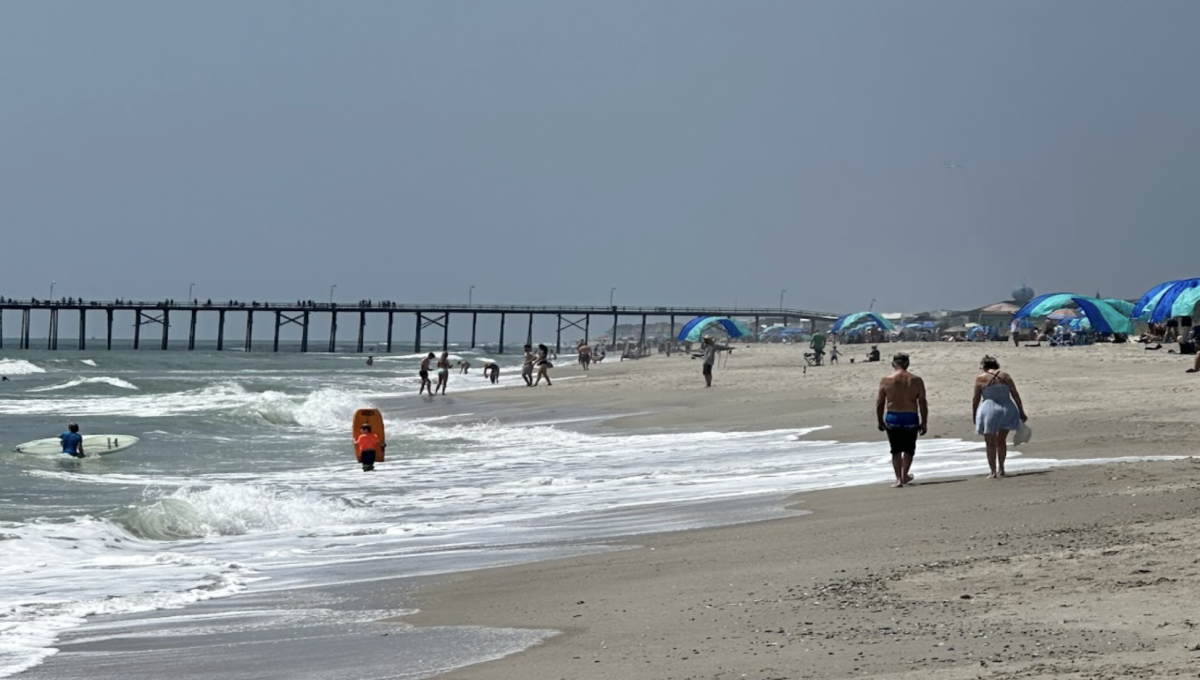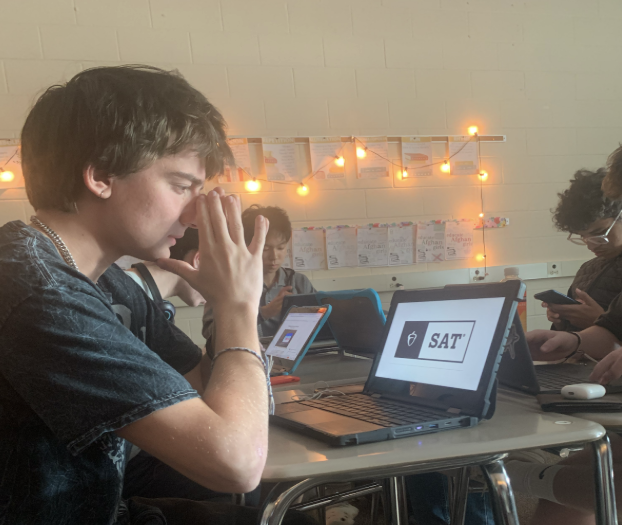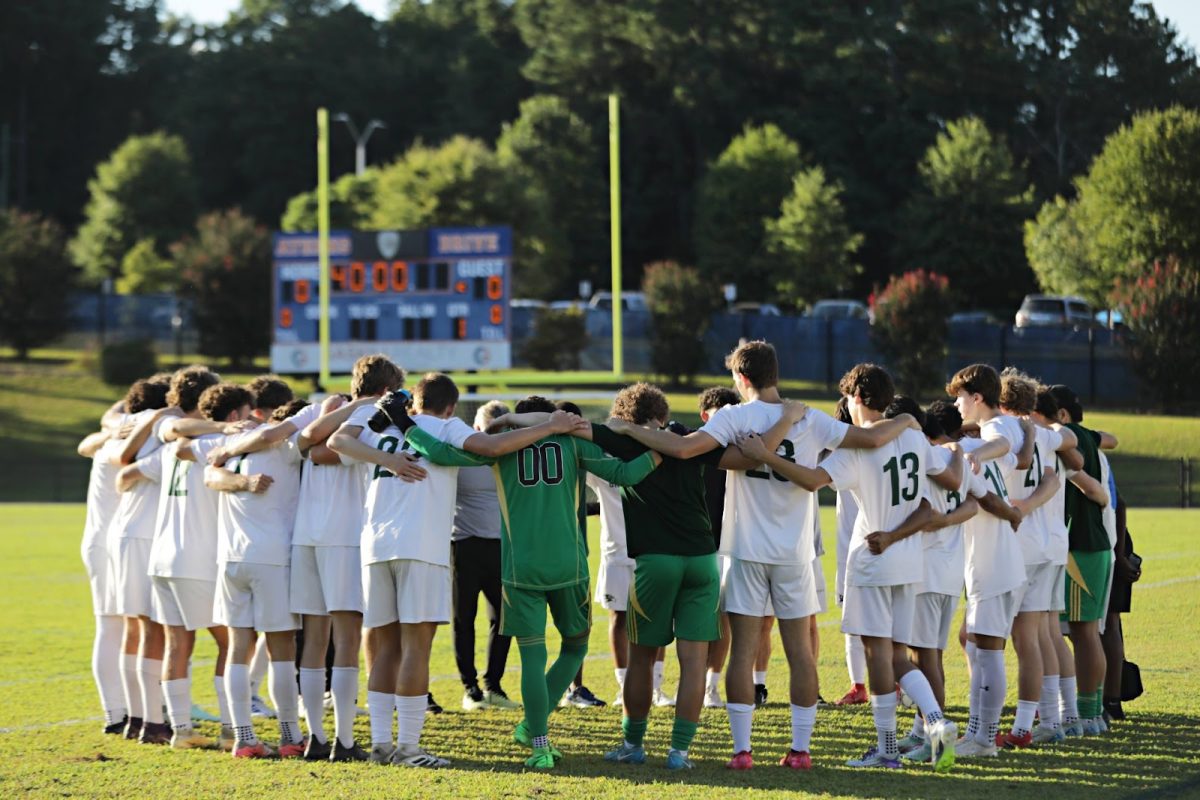As the forecast anticipates sunlight, spring breakers flock like birds to the “Sunshine State” of America. For years, Florida’s beaches have been among the most popular spring break destinations for high school and college students across the nation. A common part of popular culture is for students to spend a week of relaxing on Florida’s shores, and is solidified as something young people look forward to for generations. However, an ages old tradition may soon come to an end at one of the most popular beach destinations in America.
Last week, the city of Miami Beach announced the start of a new initiative: “Breaking Up With Spring Break”. In an extensive informational campaign, Miami Beach aimed to take a “break” from the typical spring break season it is known for.
The state government is concerned over the large crowds that swarm onto the beach throughout March and April, and in a press conference in Miami Dade County, Florida senator Ron Desantis explained that this year’s spring break in Miami Beach will not be the grounds for violent crime and illegal distribution of dangerous substances as it has in past years. He claimed that violence or any other criminal activities during this period would be stopped by state officials.
However, violent crime rates in Miami Beach during spring break increased since the pandemic. In 2020, national shutdowns caused a drastic decrease of tourism in the city due to various restrictive federal laws enforced during this period. In that year, the crime rate sank to the lowest it had been in past years, which contrasted the uptick in crime after pandemic restrictions loosened, shocking Florida residents, government officials and public safety officials.
In 2021, the rates of tourism in Miami Beach nearly matched the rates from 2011 to 2019 which were, according to Florida Review, record breaking for the state. Although the reason behind this increase is disputed, the state is struggling to adapt to these growing numbers. Following were the most violent spring break seasons to date. 2021 had more than 1,000 arrests involving spring break tourists; then spring of 2022, five people were left injured as a result of two back to back shootings in the Miami area.
Miami Beach’s final breaking point however, was spring break 2023. According to a Facebook post from the Miami Beach Police Department, the 2023 spring break crime statistics in Miami Beach were the worst it’s seen in years. In total, the department issued 488 arrests (237 of them being felony arrests and 251 being misdemeanor arrests), 7,190 traffic citations and confiscated 105 firearms.
On March 1, 2024, the City of Miami Beach released a list of new rules and regulations pertaining to spring break, including a curfew starting at 11:59 p.m. and ending at 6:00 a.m., increased towing fees, increased parking fees, limited beach entrances and an influx of police and security officers stationed at these entrances to check ID’s, bags and other personal items.
Many of the rules also restrict consuming alcohol and playing loud music on the beach, which is a strategy intended to remove younger populations from Miami Beach.
Fort Lauderdale and Daytona Beach implemented similar restrictions in the past years, mostly comprising of curfews. This, according to both of the cities’ police departments, was their most successful strategy in maintaining order in their respective neighborhoods.
While maintaining calm is the ultimate goal of Miami Beach and Florida, entertainment and events are still a major attraction, and are in business as usual. The beaches are still open, the always anticipated Miami Music Week is back for another year and there are still the same restaurants and resorts from years past offering the same spring break experience that many tourists pursue.
The ending of Miami Beach’s informational video initiative also explained that the restrictions would not take place forever. As the infomercial closed off, it’s finale concluded with an optimistic note: “maybe we can talk when you’re done with your ‘spring break phase’ but until then…” The commercial implied that it may decide to reduce restrictions if violence and crime rates go down in coming years.















































































